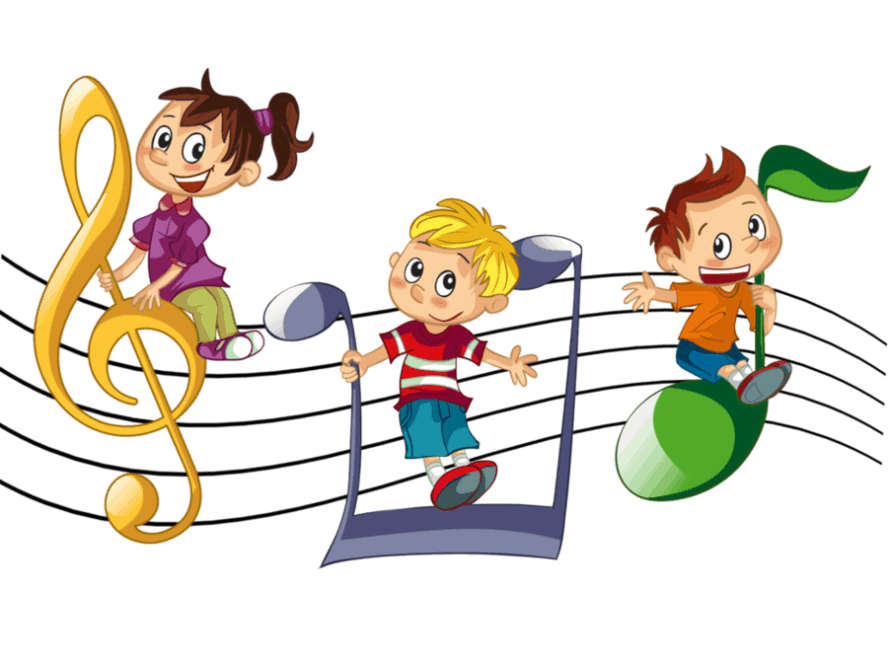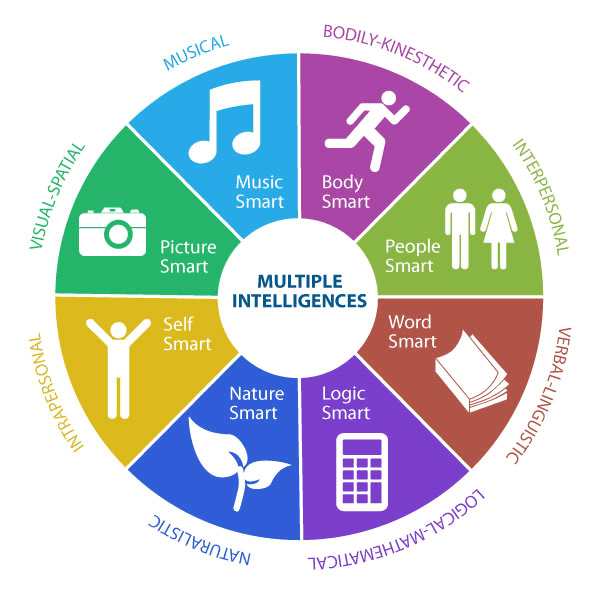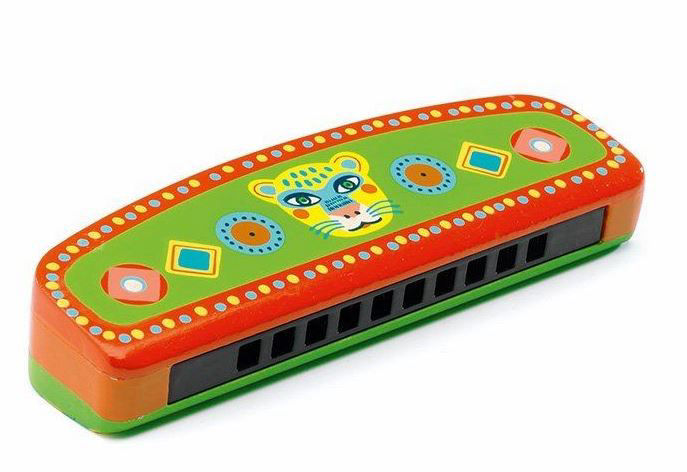

Is harmonica a good option for a child? Is there any other instruments more appropriate to teach kids music, or it merely depends upon their natural inclination towards a certain type of object, shape or a distinct sound? Music is said to be one of the seven intelligences, human beings exhibit. Among many other factors, learning music undoubtedly helps us to express our emotions which is also a fundamental feature in children. Moreover, kids love harmonica due to its small size because it makes it look like an easy-peasy gadget.
'Piano', 'guitar' and 'violin' are all very popular instruments, not only among adolescsents but adored by young ones also, and then there are others musical devices that would perhaps be even more suitable for these little souls who are growing both physically and mentally.
"When we are young we absorb information like sponges". How many times have we heard this statement or had expressed it ourselves even more than once? What does it mean exactly? The basic concept we want to express is that the growing brain of a child is so amenable and susceptible that it makes learning new notions easier and faster for his. This is why it is advisable for children to start studying a musical instrument at the age of six.
But what are the other aspects that make a child learn quicker? In my opinion there are two significant points; first: that the children show more enthusiasm and they usually get easily obsessed with the things they want to acquire, the second is that conceptually they have all the time to learn as much as they like. This theory can be explained otherwise in comparison to 'adult world', when you strive to achieve something but you are often confronted with other challenges of life. A person who has a job and other family commitments can hardly spare as much time as he wishes to dedicate to his 'hobby'. In addition to this, 'hobby' is linked with the notion of playing or having fun, that's why the gap between a wishful thinking and real life becomes more obvious, whenever an adult truly wants to devote himself to his pastime.

As far as children are concerned, this hypothesis does not apply to them. It is observed that the more they utilize their time in this regard, the more they are rewarded, it occurs when parents allow them (not force them) to learn something pleasant. That's funny, isn't it? When you are a kid you are awarded a prize to do something you do like already, whereas when you become an adult you are rewarded only if you accomplish what you never liked: accept it with resignation, a sign of maturity.
I summarize both of these concepts for you: when a child studies music or anything he likes, he delves all of his energy in it and almost everytime manages to spare some time for it.
What else do children lack what we, as adults have in abundance? Ah! yes, the 'obstacles'; all those limitations, either self-imposed or determined by external elements, which are reflected by our responses: " I'm too old.", "I don't understand anything", and so on. In contrary to this, children, exulting in discovering something new and exciting, do on an invisible cloak and impersonate whatever they wish to personify. Show them the movie 'Spiderman' and watch them shooting cobwebs or climbing somewhere before the film ends. We, too, ought not to lose such kind of passion.
Returning to the topic 'musical instruments for children'; I think that harmonica has great potential and more pros than cons; e.g. it is an economic gadget and its small size makes it convenient for everyone to carry it anywhere. Kids have the habit of roaming around carrying their favourite toys; may be a robot if a boy and probably a doll in case it's a girl. Similarly, if the child grows passionate about harmonica, he would always be carrying it closer, during vacations, at grandparents’ place, in school, everywhere. What does it reflect? Yes, I know, someone may think "never a moment of peace" and I accept this answert but hidden in it lies the golden opportunity a child may avail; i.e. to practice wherever and whenever he wants.
Meanwhile you are learning to play harmonica, you aren't just practising a musical instrument but acquiring the art to breathe properly, and to gain more control over your nose, mouth and tongue. This technique requires the development of certain degree of coordination and precision that will surely benefit the young learners. You should bear in mind that when you appear to be moving this instrument in front of your mouth, using the sensitivity of your lips so as to play it, actually you are calibrating the movements at that time to get to the right hole, at the right moment, and produce the desired music as a result. This is certainly a useful exercise in itself.

Knowledge and skills acquired through the study of harmonica can also be useful for kids in their future, especially if they decide to play another musical instrument, or opt to work in other areas of music.
One day, if your son expresses his intent to learn a musical instrument, before you jump onto the option of a guitar as the world is already full of guitarists, you may think of something different and yet original; what could be more appropriate other than a harmonica itself.